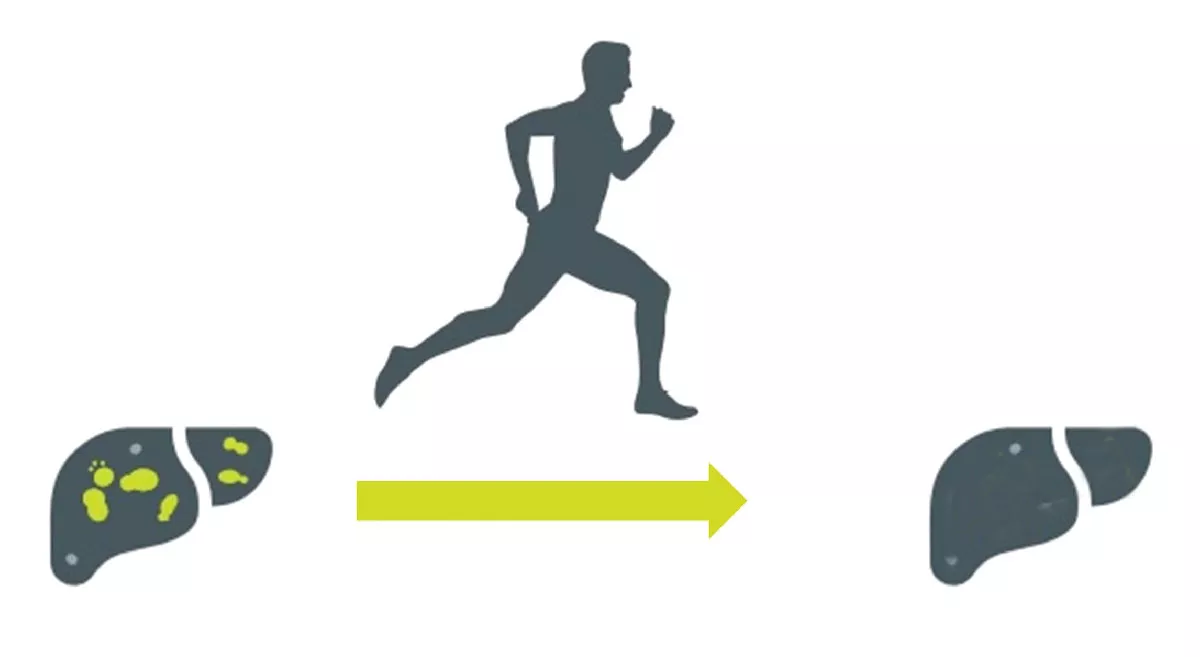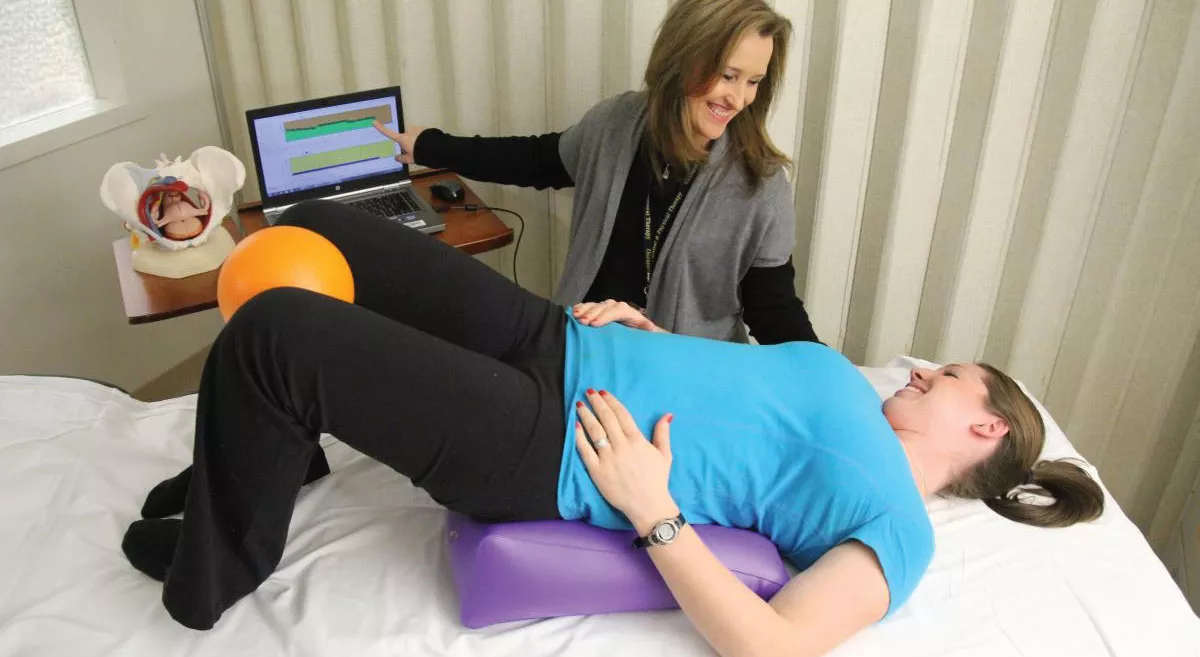While most people think of diet when it comes to liver health, regular physical activity is also crucial for preventing and managing liver disease.
"The liver is an amazing organ that performs hundreds of critical functions in the body," But it can get damaged over time by factors like poor diet, excessive alcohol consumption, viral hepatitis, and obesity.
- Sedentary Lifestyle and Its impact on Liver: A sedentary lifestyle, (steps less than 5000/day) which includes most of the Professionals these days like Teachers, Doctors, IT Professionals, Bankers, Students, etc are soft targets for obesity. Accumulation of fat increase chronic inflammation in the body which strains the liver in turn. This leads to scarring or fibrosis of liver which is called as non-alcoholic fatty liver disease (NAFLD).
- Poor Lifestyle: Lack of physical activity combined with a poor diet high in calories, sugar, and unhealthy fats promote weight gain and metabolic issues like obesity and insulin resistance. This can lead to a build-up of fat in the liver cells.
- What is Insulin Resistance: Insulin is a hormone secreted by the pancreas to utilise the present glucose in the blood by the cells of muscles, Fat and liver. Because of some reason if the muscle, fat and liver cells respond inappropriately to insulin, they don’t absorb the stored energy in blood and thus become insulin resistant.
- Causes for poor immunity: Faulty eating habits like irregular timings, erratic diet, lack of sunlight exposure and insufficient physical activity are proved to be major predisposing factors to poor immunity which in turn breeds diseases and infections. Fortunately, all of them are modifiable risk factors. Earlier, Fatty Liver was commonly caused due to hereditary and chronic alcohol consumption unlike these days.
- Fatty Liver: Research has shown that regular aerobic exercise can help reduce liver fat and inflammation in people with non-alcoholic fatty liver disease (NAFLD), which is the most common chronic liver condition worldwide. A sedentary lifestyle is a major risk factor for NAFLD.
- Exercise & its impact on Insulin sensitivity: "I recommend at least 30 minutes of moderate aerobic exercise like brisk walking daily and strength training at least thrice a week for most days of the week to increase insulin sensitivity of muscle, fat and liver cells, thus improving overall health, including liver health. But even just getting up and moving more throughout the day can make a difference compared to remaining inactive.
- Exercise & its impact on blood sugar levels & VO2max: Both, Strength and aerobic training reduce Insulin Resistance and the muscles start becoming more active with regards to uptake of pooled glucose in the cells. This reduces storage of glycogen in the form of fat into the liver, thereby reducing inflammation and NAFLD in long term. Moreover, exercise increases a person’s VO2 max thereby reducing fatigue levels and making him more energetic.
For those with more advanced liver conditions like cirrhosis or liver cancer, exercise can help improve energy levels, muscle strength and overall quality of life. However, liver disease patients should consult their doctor before starting an exercise program.

















